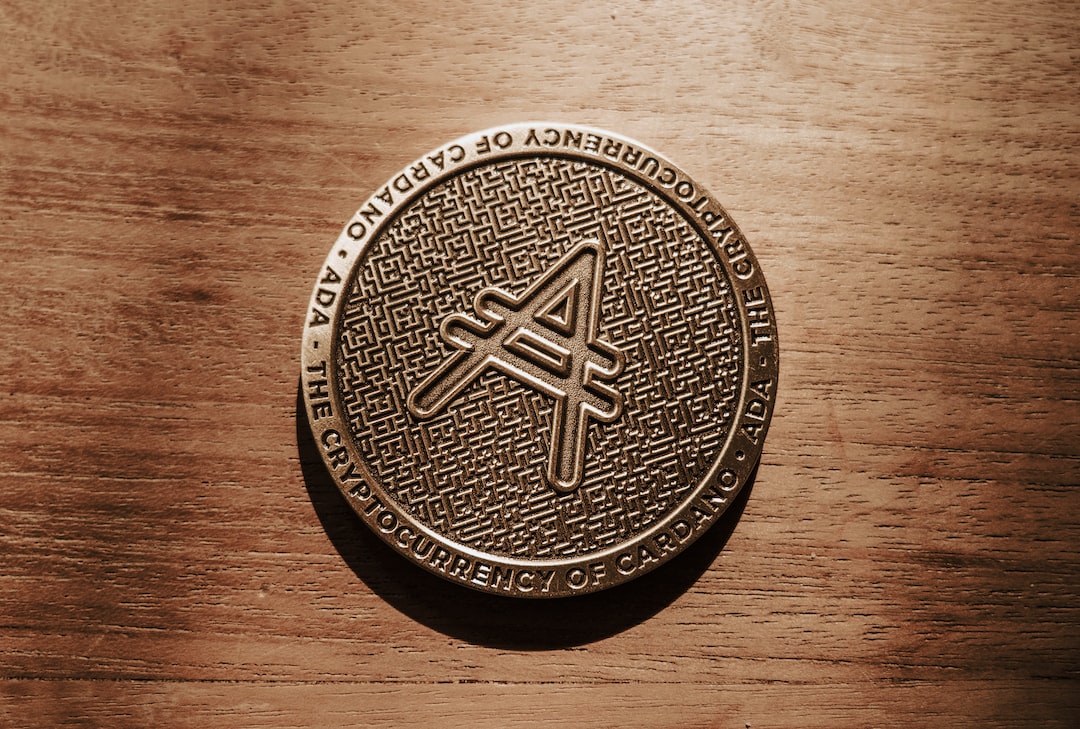The U.S. Supreme Court to Resolve Coinbase Legal Battle
The U.S. Supreme Court has taken up a legal dispute involving Coinbase and its customers regarding the applicable governing agreement in disputes. The conflicting contracts between the parties have led to a question of whether a judge or an arbitrator should determine the resolution method. Coinbase had previously enforced arbitration clauses with its customers, but a sweepstakes agreement diverted dispute resolution to California courts. Despite a recent Supreme Court decision in favor of Coinbase, lower courts have upheld the sweepstakes agreement, favoring courtroom adjudication over arbitration.
Coinbase Expands Offerings Amidst Legal Battles
Amidst the legal back-and-forth, Coinbase has been expanding its offerings to users. The company now allows eligible retail customers to trade crypto futures at a fraction of Bitcoin and Ethereum’s value, aiming to increase participation in the cryptocurrency market.
Supreme Court Decision Will Impact User Agreements
The Supreme Court’s decision to hear this case is significant for companies that use arbitration clauses in their agreements. It highlights the court’s role in clarifying the boundaries between arbitration and litigation. The outcome will influence how user agreements are crafted and enforced, especially in the rapidly changing landscape of digital currency trading. This case will set a precedent not only for the cryptocurrency industry but also for sectors where consumer agreements are common.
Hot Take: Implications for Arbitration and Litigation in Cryptocurrency Disputes
The U.S. Supreme Court’s involvement in the legal battle between Coinbase and its customers highlights the ongoing debate over arbitration versus courtroom litigation in cryptocurrency disputes. The conflicting contracts between the parties have raised questions about which resolution method should take precedence. This case has broader implications for user agreements across industries, as it will provide guidance on navigating conflicting contract stipulations and the rights of parties to seek their preferred forum for dispute resolution. The Supreme Court’s decision will shape the future of arbitration and litigation in the cryptocurrency industry and beyond.





 By
By
 By
By
 By
By
 By
By
 By
By